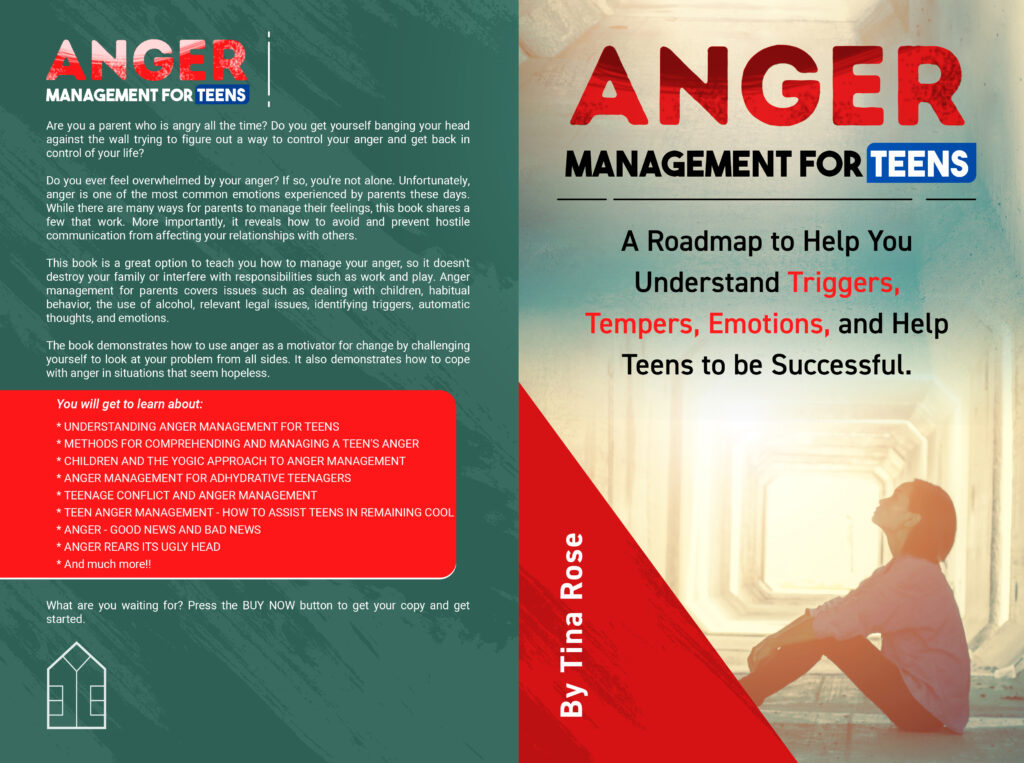Homeything is an international company that is also engaged in affiliate marketing when you buy through links on our site.
Introduction
Maintaining must be challenging adolescents—a positive attitude in every circumstance. Growing up today is more complicated than in the past, and adolescents frequently require anger management for teens. Teenagers are generally not a sympathetic set of people. They engage in constant competition, and jealousy is prevalent among them. The struggle to always be first is a regular occurrence in adolescents. This is tragic and unfortunate, as these should be their most extraordinary years. Teenagers must demonstrate maturity beyond their years since they experience daily challenges and impediments. Some adolescents manage hardship well, while others respond by erecting defensive barriers.
UNDERSTANDING ANGER MANAGEMENT FOR TEENS
The transition from childhood to adulthood is dependent upon the adolescent years. These are also the years during which children typically meet the most perplexing situations. This period of a person’s life takes them along numerous courses. However, some of these approaches are unpleasant. Teenagers who encounter difficult conditions frequently lash out. In addition, these adolescents frequently have a careless and apathetic demeanor that does not care about much. This is frequent among adolescents who behave in this fashion
METHODS FOR COMPREHENDING AND MANAGING A TEEN’S ANGER
In many households, teenagers’ anger is frequently discussed with their parents. A teenager is about the desire for independence, which involves questioning or rejecting their parents’ norms and demands.
HOW TO COPE WITH ADOLESCENT ANGER: ANGER MANAGEMENT FOR CHILDREN
Children’s anger control must be a principal focus for parents. Children are not taught how to control their anger throughout their formative years and may grow up to confront significant difficulties. As a result, it becomes a crucial obligation of parents to teach their children from an early age how to manage unpleasant emotions appropriately. Even though it is inevitable that toddlers may occasionally throw tantrums, they can still benefit from learning the basics of anger management





